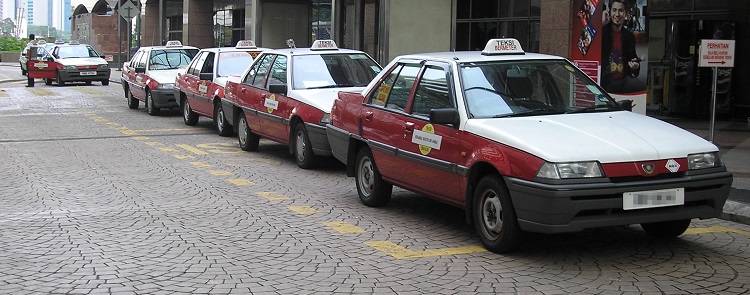The Land Public Transport Commission (SPAD) has made an official statement on its plans for legalising e-hailing services and to provide an even playing field for taxi drivers. As expected, a significant portion of the 11 proposed programmes are aimed at improving conditions for taxi drivers.
The Taxi Industry Transformation Programme will liberalise regulations in taxi drivers, which includes providing licenses to individuals instead of companies; while also loosening requirements on the types of vehicles allow to be used as taxis. In other words, taxi drivers will no longer be required to use Proton cars.
To assist in this liberalisation programme, the government has agreed to a RM5,000 seed fund for taxi drivers looking to purchase a new vehicle. This is aimed at the cabbies who are looking to exit the current taxi industry model where drivers are required to rent their vehicles from their employers.

SPAD will also implement a dynamic metering system to allow taxis to switch between regular metered fares and fares using ride-sharing services. In other words, it will allow cabbies to work for both sides of the equation.
Changes on ride-sharing service side of things are less severe. According to the TITP, all ride-sharing companies must be incorporated in Malaysia if they wish to continue operating. It isn’t unusual for governments to imposing this requirement on foreign companies, and will likely not change much for ride-sharing services.
Naturally, taxi driver associations are not happy with the outline. The usual suspects in Big Blue Taxi CEO Shamsulbahrin Ismail and Klang Valley Taxi Drivers’ Action Committee president Zailani Isa Usuluddin both expressed dismay that SPAD continued to allow Uber to operate freely. Zailani also called for both Uber and Grab to cease operations until Parliament makes amendments to the Road Transport Act.
Follow us on Instagram, Facebook, Twitter or Telegram for more updates and breaking news.



